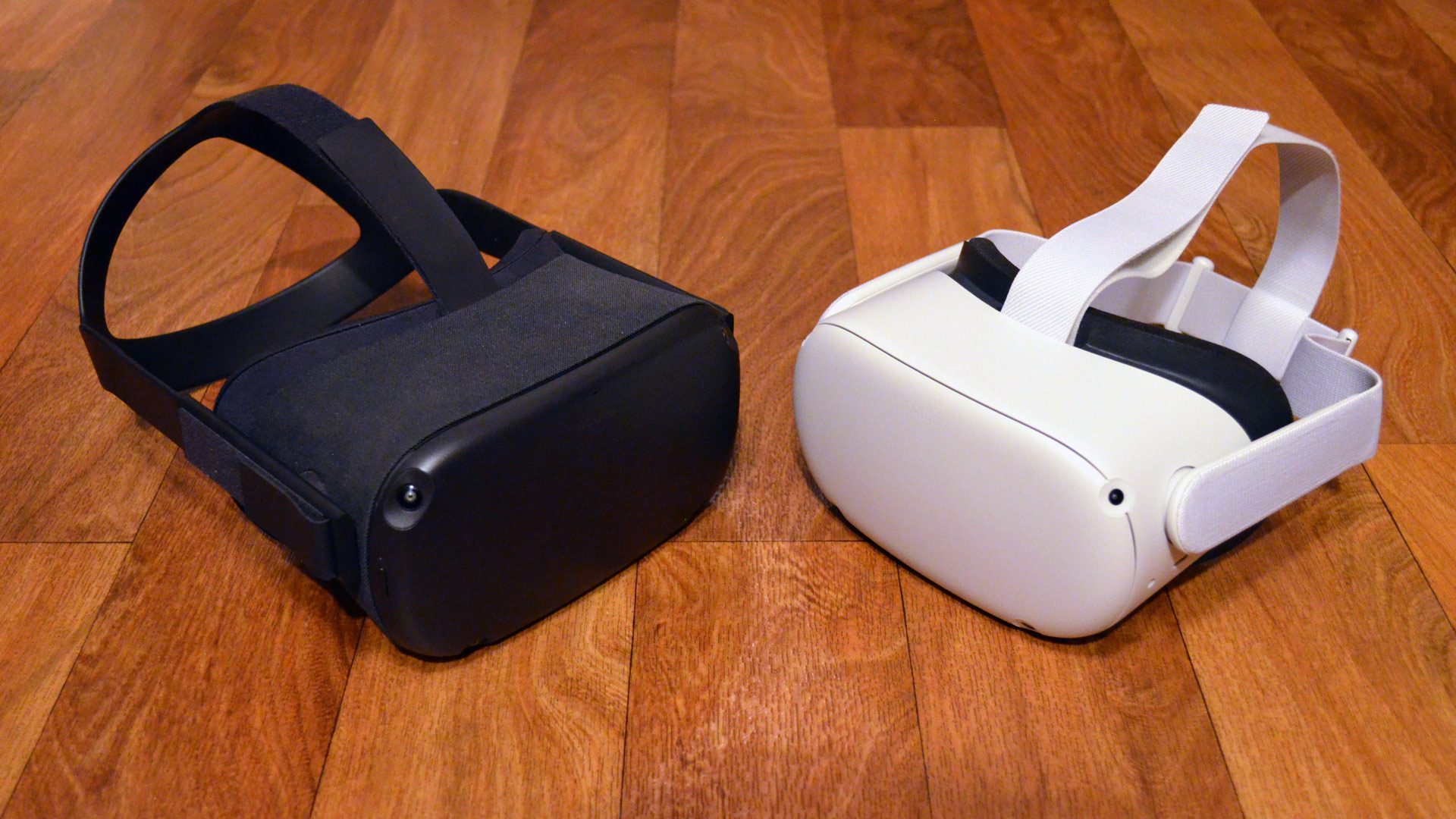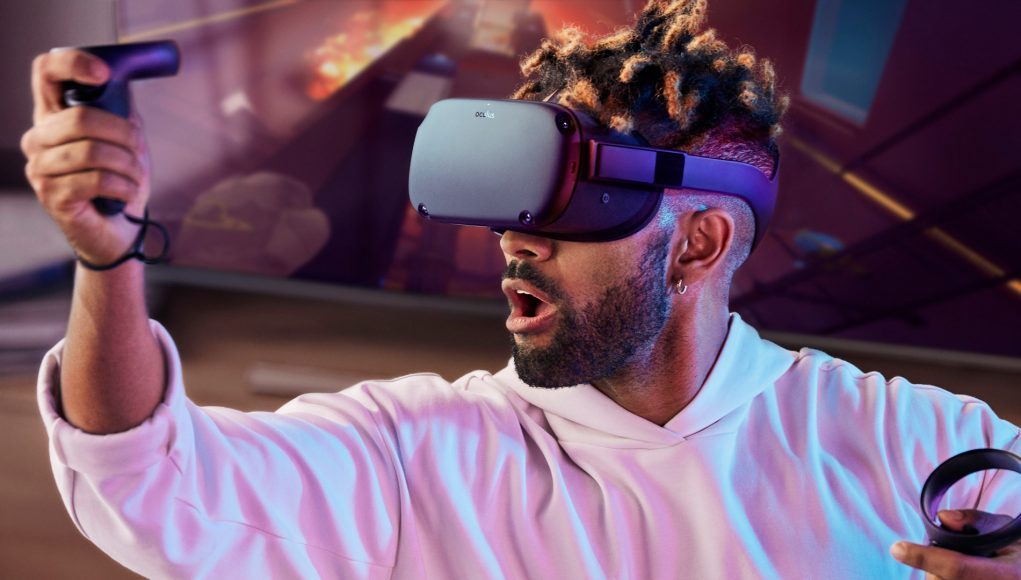Meta announced that security patches for Quest 1 are officially coming to an end next month, marking the final phase-out of the now five-year-old headset.
Meta sent an email to Quest 1 owners on Friday stating the 2019-era Quest will no longer receive any security updates or bug fixes starting August 31st, 2024.
While users will still be able to download and play supported apps, the company notes that “if any security vulnerabilities are discovered in the future, private data that is directly stored on the device or accessible from it would be at risk of compromise.”

Then, in March 2024, the company announced it was removing the ability for developers to target Quest 1 for new apps, essentially halting any new games or experiences.
It’s unclear whether Quest 2 will meet a similar fate so quickly. While Meta hasn’t released official sales figures, the company’s 2020-gen standalone is widely considered the best-selling VR headset to date. To boot, it still holding the top spot as a the most popular VR headset on Steam, with 38.10% of surveyed users using Quest 2 to play SteamVR games.
Meanwhile, Meta appears to making room for a new headset to supplant Quest 2 in its lineup, as Quest is now out of stock in nearly all regions when purchased direct from Meta.
You can see the full email from Meta to Quest 1 owners below:
Hi [User],
We’d like to let you know that starting August 31, 2024, we will no longer provide bug fixes or security updates for Meta Quest 1 headsets. You will still be able to download new apps and continue using your existing apps as long as they are supported by the developer. However, if any security vulnerabilities are discovered in the future, private data that is directly stored on the device or accessible from it would be at risk of compromise.
This update follows our announcement in January 2023, when we stopped releasing new features and new Meta Quest apps for Quest 1 on the Quest Store.
We’re excited about the future of Meta Quest and look forward to providing you with more groundbreaking MR experiences.
In the meantime, Meta Store Support is available to assist you with general inquiries.
Thanks,
The Meta Store Support Team






